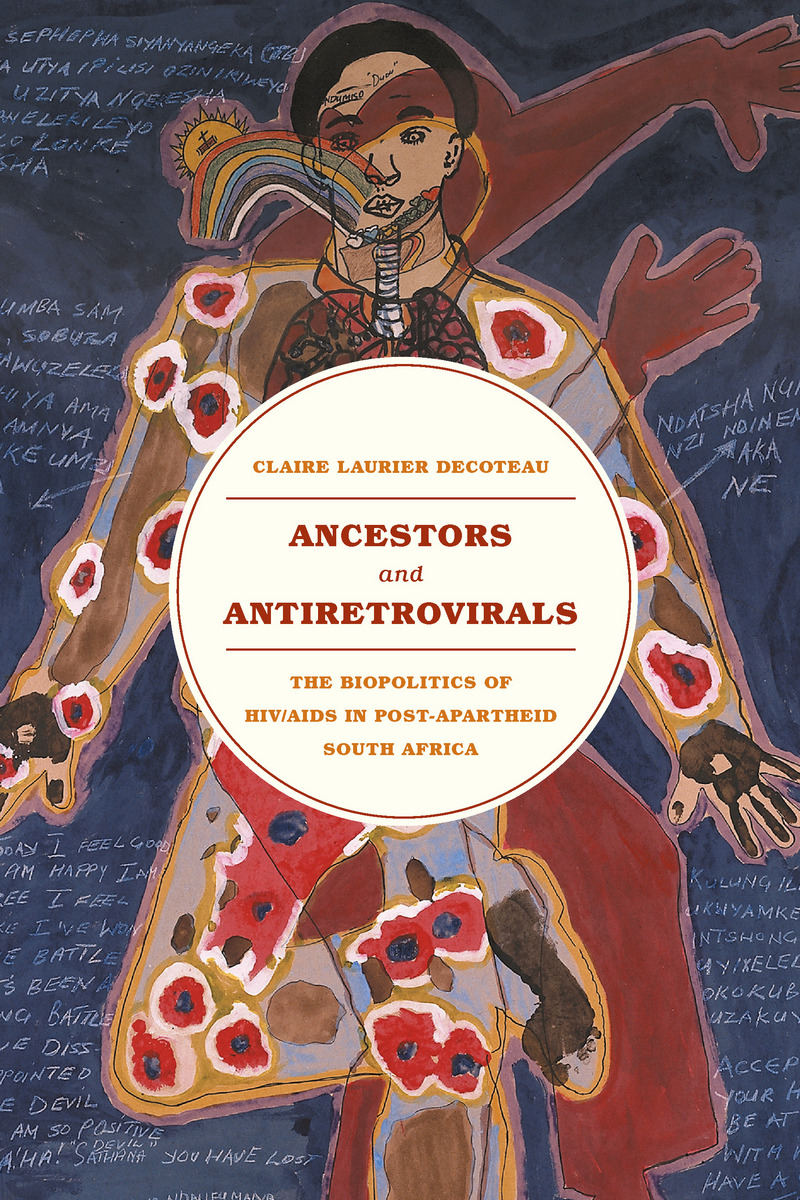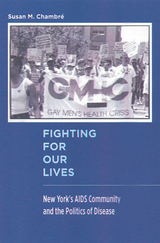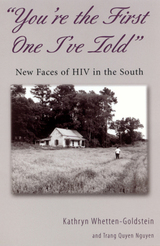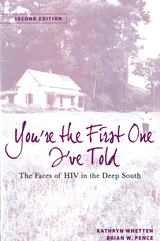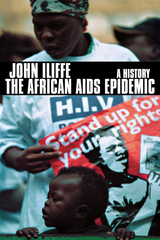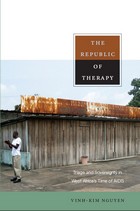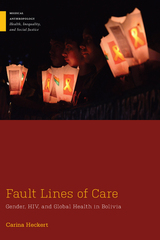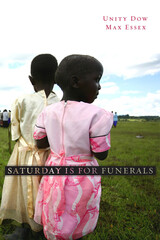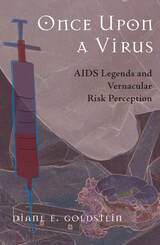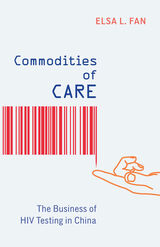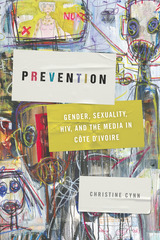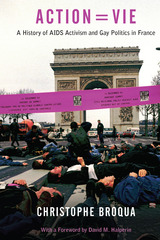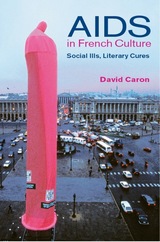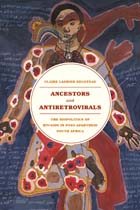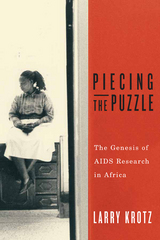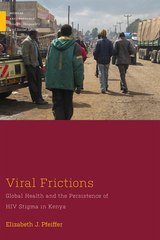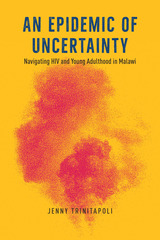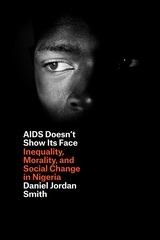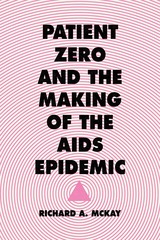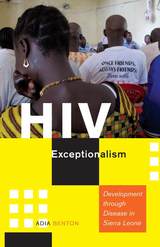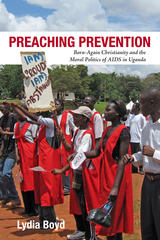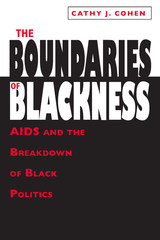Ancestors and Antiretrovirals: The Biopolitics of HIV/AIDS in Post-Apartheid South Africa
University of Chicago Press, 2013
Cloth: 978-0-226-06445-1 | Paper: 978-0-226-06459-8 | eISBN: 978-0-226-06462-8
Library of Congress Classification RA643.86.G4D43 2013
Dewey Decimal Classification 362.196979200967
Cloth: 978-0-226-06445-1 | Paper: 978-0-226-06459-8 | eISBN: 978-0-226-06462-8
Library of Congress Classification RA643.86.G4D43 2013
Dewey Decimal Classification 362.196979200967
ABOUT THIS BOOK | AUTHOR BIOGRAPHY | REVIEWS | TOC | REQUEST ACCESSIBLE FILE
ABOUT THIS BOOK
In the years since the end of apartheid, South Africans have enjoyed a progressive constitution, considerable access to social services for the poor and sick, and a booming economy that has made their nation into one of the wealthiest on the continent. At the same time, South Africa experiences extremely unequal income distribution, and its citizens suffer the highest prevalence of HIV in the world. As Archbishop Desmond Tutu has noted, “AIDS is South Africa’s new apartheid.”
In Ancestors and Antiretrovirals, Claire Laurier Decoteau backs up Tutu’s assertion with powerful arguments about how this came to pass. Decoteau traces the historical shifts in health policy after apartheid and describes their effects, detailing, in particular, the changing relationship between biomedical and indigenous health care, both at the national and the local level. Decoteau tells this story from the perspective of those living with and dying from AIDS in Johannesburg’s squatter camps. At the same time, she exposes the complex and often contradictory ways that the South African government has failed to balance the demands of neoliberal capital with the considerable health needs of its population.
In Ancestors and Antiretrovirals, Claire Laurier Decoteau backs up Tutu’s assertion with powerful arguments about how this came to pass. Decoteau traces the historical shifts in health policy after apartheid and describes their effects, detailing, in particular, the changing relationship between biomedical and indigenous health care, both at the national and the local level. Decoteau tells this story from the perspective of those living with and dying from AIDS in Johannesburg’s squatter camps. At the same time, she exposes the complex and often contradictory ways that the South African government has failed to balance the demands of neoliberal capital with the considerable health needs of its population.
See other books on: AIDS & HIV | AIDS (Disease) | Ancestors | Biopolitics | South Africa
See other titles from University of Chicago Press
